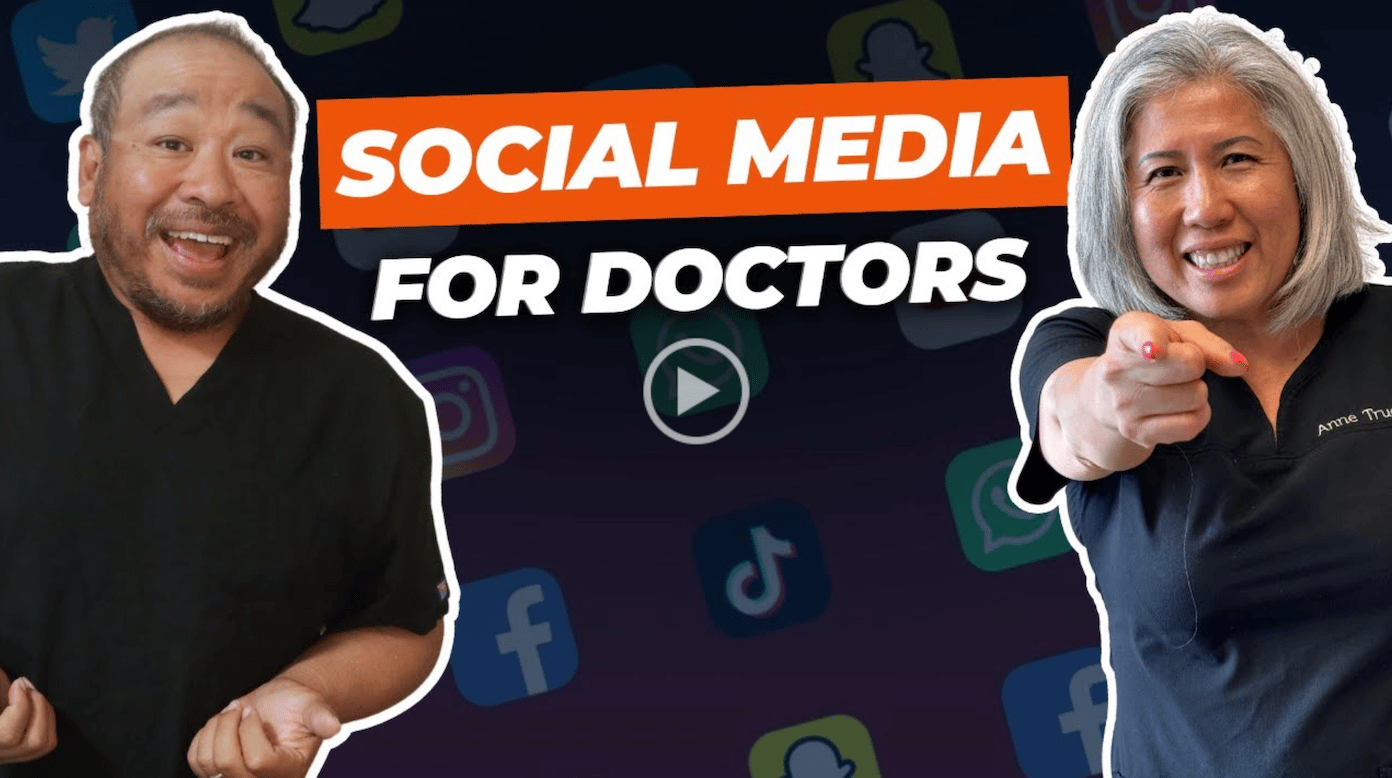- The Lounge
- Posts
- When Do Doctor Strikes Become Justified?
When Do Doctor Strikes Become Justified?
Shift perspective, boost mental strength / Words and visuals reshape brands / AI promise, limited business payoff

The LOUNGE - A Newsletter for Savvy Physicians
We scour the net, selecting the most pertinent articles for the busy doc so you don’t have to! Here’s what kept our focus this week…
The Hippocratic Oath is misunderstood: The phrase “First, do no harm” doesn’t actually appear in the original oath and is often misused to silence protest.
Emotionally intelligent people use it to turn challenges into learning moments.
This beverage brand couldn’t explain what it sold—until a 4-step rebrand changed everything.
Firms benefiting from AI report 45% cost savings and 60% higher revenue growth.
Mobile devices are reshaping healthcare—but only if the workflows keep up.
Want real financial advice without wasting money? Know which of the 3 investor types you are.
Want to grow your medical practice with social media? Discover the best platforms for doctors to build authority, attract patients, and maximize ROI. Learn why YouTube is the top platform for long-term content, how Instagram & TikTok engage younger patients, and why Facebook & LinkedIn are key for networking and credibility.
Join Doctors Online Success
A free discussion forum exclusively for physicians! Connect with like-minded doctors, share insights, and gain valuable strategies for success in medicine and beyond. Don't miss out—sign up today and start the conversation!

LOUNGE TALK
Physician strikes are often viewed as unethical, with critics invoking the Hippocratic Oath to shame dissent. But Dr. Patrick Hudson argues that this interpretation is outdated and selectively applied. He unpacks the myth of “First, do no harm” and reframes it as a call to do good first—challenging the idea that inaction is always safer than protest. Hudson points out that many physicians never even took the traditional oath, but instead inherited a cultural ideal of silent sacrifice. He argues that remaining in a system that inflicts harm on both patients and providers may itself be the more unethical choice. Drawing from both Hippocrates and Aristotle, he calls for a deeper understanding of medicine’s true purpose: healing, not just showing up. In this light, a strike isn’t abandonment—it’s a moral act of witness.
Emotionally intelligent people don’t dodge adversity—they reframe it. A strategy known as positive reframing helps them reinterpret stressful events in a more constructive light, which leads to reduced anxiety and stronger mental resilience. Unlike toxic positivity, reframing isn't about ignoring problems but rather finding a realistic growth opportunity in the challenge. Research shows that changing your perspective can reduce fear, improve pain tolerance, and calm your stress response. It all connects back to emotional intelligence—especially the skills of self-awareness and self-regulation. Reframing trains your brain to notice negativity, pause, and intentionally shift toward a more empowering view. Like any mental habit, it gets stronger with use—and it starts by asking: “What else could this mean?”
Support Our Sponsor: Student Loan Planner
Concerned about medical student loans? It's time for a custom action plan. Talk with these experts who've helped over 11,000 borrowers take on $2.5 billion in student debt. Book your meeting today!
O2, a fitness-focused beverage company, launched in 2014 with a science-heavy pitch: “oxygenated recovery drink.” The problem? No one outside of gyms knew what that meant—and worse, their most loyal customers weren’t even who they’d expected. When consumer data revealed that their core fans were health-conscious women aged 35–55, not athletic young men, O2 partnered with branding agency We Are Bill to rethink everything. Through a 4-step rebranding process—define the problem, rethink the vibe, refine the message, and finalize the look—they stripped away confusing language and made the product feel clean, clear, and premium. They swapped "oxygenated recovery" for “hydration” and reframed the drink as a non-carbonated sports beverage. The design was simplified for clarity, the color palette softened to signal health over energy, and the end result was both fresh and familiar. The lesson? A clear brand story can be more powerful than a complex explanation.
While nearly everyone agrees that AI will revolutionize business, only 26% of companies are currently realizing real value from it. According to a BCG Global Survey of 1,000 senior executives across 20+ sectors, the small group seeing results is already enjoying substantial benefits: 45% in cost savings and 60% higher revenue growth compared to peers. The problem isn’t a lack of AI tools—it’s a lack of change resilience. Organizations that thrive with AI aren’t just adopting tech—they’re building cultures that embrace experimentation, adaptability, and continuous learning. Success comes from embedding AI into workflows, empowering employees with new skills, and aligning leadership around agile decision-making. In a fast-evolving AI landscape, resilience isn’t just a soft skill—it’s the foundation for competitive advantage.
In this episode of Digital Health Unplugged, healthcare leaders and tech experts discuss the evolving role of mobile technology in modern clinical environments. Hosted by Jordan Sollof, the conversation explores both the promise and pitfalls of going mobile in healthcare settings. Guests from Imprivata and Blackpool Teaching Hospitals NHS Foundation Trust highlight how mobile devices can streamline workflows, improve clinical communication, and boost patient outcomes. But implementation isn’t plug-and-play—IT teams and clinicians face hurdles like device management, data security, and integration into existing systems. Workflow alignment and change management are key to avoiding mobile tech becoming just another digital burden. The group also looks ahead, aligning future innovations with the NHS's 10-year health plan and emphasizing Imprivata’s focus on secure digital identity as a long-term enabler. In short: mobility in healthcare works best when strategy, tech, and frontline needs align.
Dr. Jim Dahle of The White Coat Investor breaks down the reality of getting financial advice by categorizing investors into three main types: DIYers, Delegators, and Validators. DIY investors enjoy managing their own finances and typically outperform the cost of professional advice. Delegators, on the other hand, prefer to outsource everything—but must be careful to pay fair prices (typically $7,500–$15,000 per year). Validators are in between: they mostly know what they’re doing but need occasional expert guidance. The biggest mistake investors make? Not knowing which type they are—leading to mismatched expectations, wasted money, or financial inaction. WCI provides vetted resources and guidance tailored to each group, emphasizing that quality advice is worth the price when it's the right fit. Ultimately, recognizing your investor identity is the first step to financial clarity—and long-term wealth.
WANT TO REACH THOUSANDS OF FORWARD-THINKING PHYSICIANS? CONSIDER SPONSORSHIP. CONTACT US FOR DETAILS.
Doctors Build Wealth Differently
You didn’t choose medicine for the money—but that doesn’t mean you shouldn’t optimize your wealth.
At My Financial Coach, you’ll work one-on-one with a CFP® professional who will create a personalized strategy tailored to your complex needs as an entrepreneur. By optimizing multiple streams of 1099 and w-2 income, managing personal debt, lowering taxes, and planning for life’s milestones (as well as hangups)—a coach will help you build to where you want to be. You’ll better understand how your practice’s valuation affects business succession plans and your future, like retirement. See real-time charts of spending, assets, and investment information in one place online, all protected by top-of-the-line security. You can also store digital copies of deeds, contracts and important documents securely.
No commissions. No sales pitch. Just advice-only personalized planning designed for the complex needs of business owners, for a fixed monthly subscription.
👉 Start your plan at myfinancialcoach.com/bootstrapmd
Proud sponsor of BootstrapMD..
QUICK BITES
10 no-office-required businesses you can start for as little as $5,000.
4 signs that someone in your network is taking advantage of you.
3 cognitive habits of people who get things done.
Emphasizing empathy and equity in value-based health care delivery.
Like the newsletter? Share it with someone you know! If you have any feedback or suggestions for future issues, please don’t hesitate to reach out!
“I have had dreams and I have had nightmares, but I have conquered my nightmares because of my dreams.”

